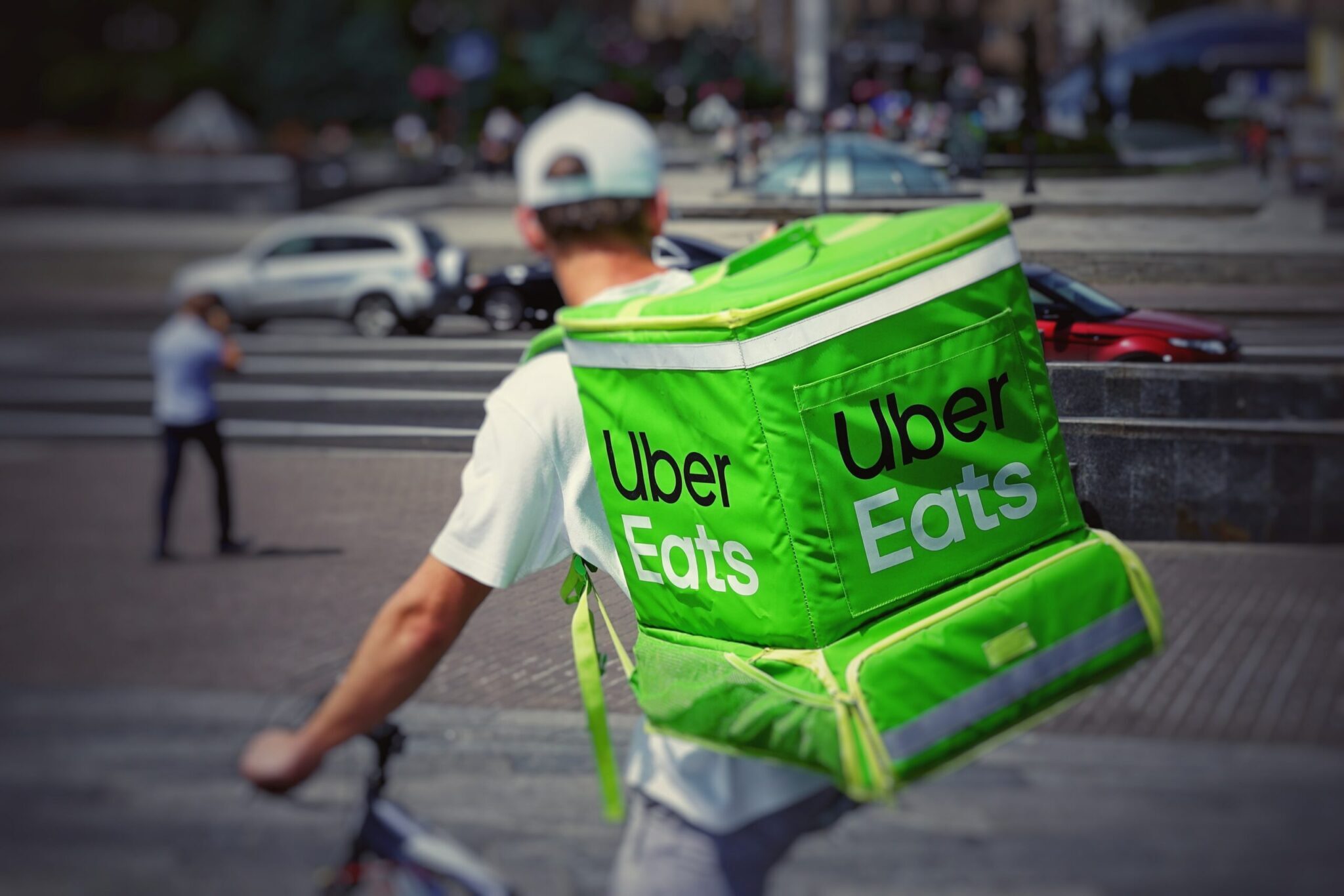The delivery service giant “Uber Eats” is launching a pilot test with reusable containers in the UK. What makes the test project particularly exciting is the digitally supported return system. Consumers do not have to take the reusable containers to a return point themselves after use, but instead arrange for them to be picked up at their front door. This is (still) unusual and promises two advantages: Short transport distances bring environmental and logistical advantages. In addition, the solution is very efficient and convenient for consumers, which should increase acceptance of the model. Ultimately, this is a key factor for reusable systems. Basically, sooner or later there is no way around reusable. Regulators and the growing pressure of the market will make sure of that.
Uber Eats is launching its pilot project together with cooperation partners in the center of the English capital London. The trial will run for six months with selected restaurants and under the managing auspices of Again. The start-up specializes in the cleaning and logistics of reusable containers and aims to make reusable packaging as affordable, accessible and scalable as disposable packaging.
How it works
Customers order their food as usual via the Uber Eats app. After consumption, the containers are to be roughly cleaned (rinsed). Scanning a QR code on the reusable container can then be used to order free pickup at the front door, with a choice of timing. The earliest option is the following day, the latest after three weeks.
Environmental aspects
The fulfillment of the environmental promise of reusable systems stands and falls not least with the transport effort within logistics. The pilot project also addresses this. On the one hand, only means of transport with a low emissions footprint such as bicycles or e-vehicles are used. In addition, all participating restaurants are located within a 5km radius around the “Again” cleaning center. This is all logical – but at the same time shows the (still) narrow limits of the pilot project.
Focus on acceptance
The focus of the pilot is to test and measure how and whether the acceptance of reusable systems can be increased via the collection of reusable containers at the front door.
Accordingly, Uber Eats and its partners want to test various incentives throughout the trial and determine what motivates customers to embrace reusable packaging in principle (opt-in rate) and what can persuade them to return the packaging (return rate).
Do all roads lead to reusables?
The big picture of the pilot project is the ongoing attempt by regulators in particular to curb the use of single-use packaging and help reusable systems achieve a breakthrough across the board.
For market participants, reusable systems bring a number of challenges, particularly in the area of logistics. Used packaging must be collected, cleaned and disinfected, and delivered for refilling or reuse. Short distances and economical logistics are therefore the crux of the matter.
For consumers, on the other hand, comfort and convenience are a decisive point. Returns must be fast, convenient, and effortless. This is where the Uber Eats pilot project puts an exciting exclamation mark.
Conclusion
The fact that Uber Eats, a major player in the field of online ordering and delivery platforms for food, is turning its attention to the area of reusable packaging, makes it clear that pressure from consumers and increasingly also from regulation is having an effect. Despite all the challenges, reusable will prevail sooner or later. Stakeholders are therefore well advised to explore viable options that satisfy customers and make economic sense at the same time.

